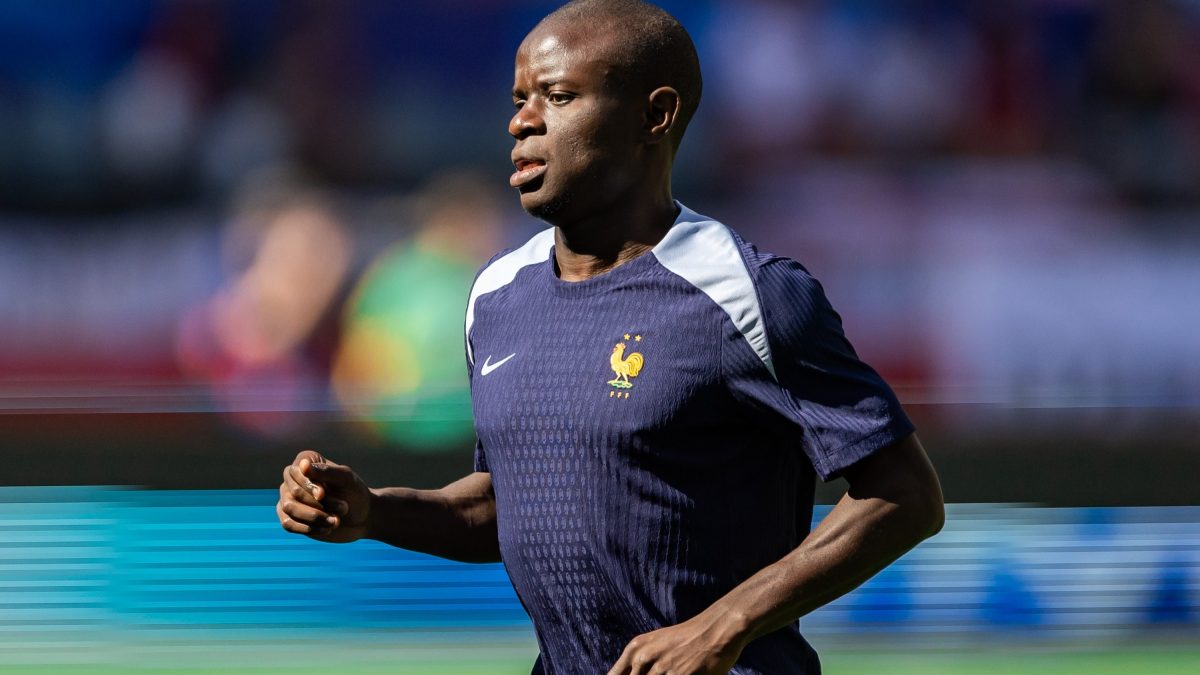
N’Golo Kanté has committed $5 million to build a modern medical center in Bamako, Mali, with care targeted at children and underserved families. The plan has recirculated widely in football circles this week, amplified by images of Kanté alongside community scenes and a summary of the project’s mission. He actually visited last March. But the headline is simple and generous. The implications are larger.
What stands out first is the scale and intent. The sum is significant by athlete‑philanthropy standards, and the focus is specific. Pediatric care and access remain uneven across parts of West Africa, and a well‑equipped center in the capital can change outcomes for families who often face long waits or long travel for routine services. If the facility is staffed and appropriately sustained, it can shift the everyday math of care from scarcity to reliability.
Place matters here. Kanté was born in Paris to Malian parents, and this commitment reads like a gift tied to roots as much as reputation. It also fits the player’s public image. He has long been framed as football’s quiet constant, the midfielder who solves problems without spectacle, then moves play forward. The off‑field version looks similar.
On the pitch, his résumé explains the reach of this story. A Premier League title with Leicester City, another with Chelsea, a European run that ended with a Champions League trophy, and a central role in France’s 2018 World Cup squad. Those achievements built a rare cross‑club affection, which is why the Bamako news has moved so quickly.
A football moment that draws an uncommon consensus
The reaction has felt like a brief truce in a sport that loves a debate. People praise the choice of pediatric care, point to the tie with his family story, and repeat the shorthand they have always used for him. Tireless on the field. Restrained off it. Generous when it counts. The images circulating alongside the news add to that feeling. A global star looks like a neighbor, which is exactly why the story travels.
There is precedent, too. Kanté’s career has often run counter to football’s excesses, from the unflashy lifestyle to a path built on value rather than hype. He appears in lists of the best transfer bargains of all‑time, and he remains a symbol of efficiency in a sport that spends freely.
He has also stepped into leadership beyond the touchline. By taking over Royal Excelsior Virton, he joined the group of football icons who are now club owners, a move that signaled a long view of the sport. It is not a stretch to see the Bamako project through the same lens, a belief that places and people can be improved with patient investment.
Judge the project by what it opens, not by how it trends. Bricks in the ground, working equipment, trained staff, and a plan to keep the lights on will tell the story. Those are the checkpoints to watch as construction moves from promise to practice. For now, the choice feels true to Kanté. He handles the unglamorous tasks, lets others take the credit, and slips out of view. If it works, children in Bamako get closer, quicker care.